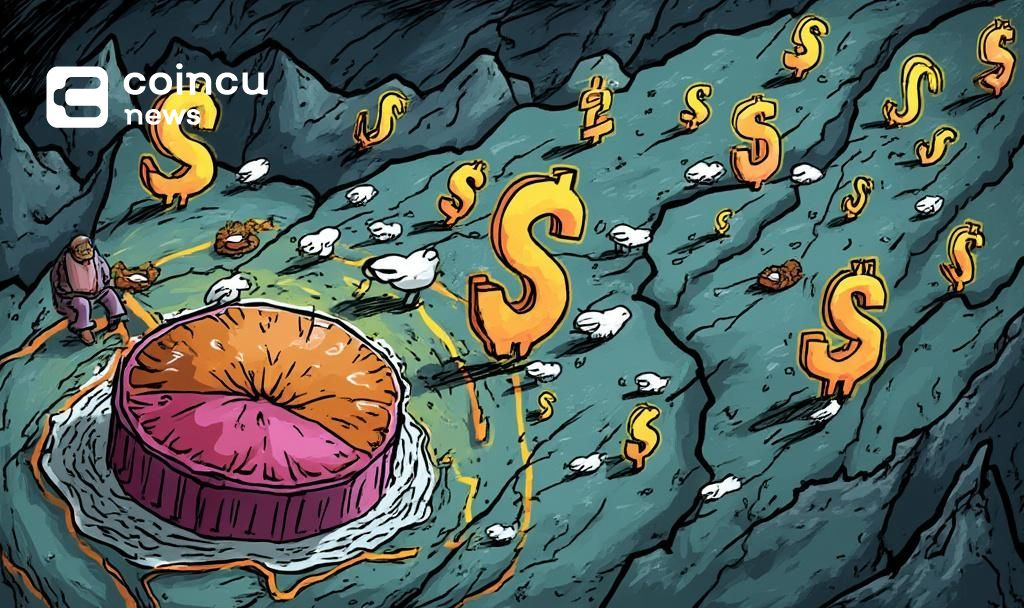$108781.814
At CoinCu News, we give both basic and in-depth articles on the latest news in the cryptocurrency and blockchain sectors.
John Kojo Kumi is a cryptocurrency researcher and writer specializing in emerging startups, tokenomics, and market dynamics within the blockchain ecosystem. With years of experience in crypto journalism and blockchain research, he provides in-depth coverage of decentralized finance (DeFi), NFTs, and Web3 innovations.
He holds a Bachelor of Arts in Geography and Rural Development from Kwame Nkrumah University of Science and Technology, Kumasi, bringing a multidisciplinary perspective to the evolving digital asset space. As a Crypto News Writer, he tracks and reports on industry trends, while his role as a Registrar at the Commission on Human Rights and Administrative Justice reflects his commitment to governance and transparency.
His expertise spans content strategy, SEO optimization, and technical research, enabling him to craft insightful, data-driven analyses. Passionate about blockchain’s transformative potential, he strives to equip readers with the knowledge to navigate the complexities of digital assets and decentralized technologies.
News
U.S. House to Present GENIUS and CLARITY Acts
U.S. House of Representatives plans to deliver GENIUS Act to President, CLARITY Act to Senate
Jul
US Stablecoin Regulation Predicted to Boost Crypto Market
US stablecoin regulation could elevate the crypto market to $15 trillion, White House advisor predicts.
Jul
Hong Kong Brokerages Approved for Regulated Crypto Trading
Hong Kong's Guotai Junan International and Victory Securities gain approval for regulated cryptocurrency trading services.
Jul
Trump Announces Tariffs on 10-12 Countries Starting August
Discover the impact of Trump's new tariffs on 10-12 countries starting August 1. Learn more
Jul
JD.com and Ant Group Seek Approval for RMB Stablecoin
JD.com and Ant Group urge China's central bank to approve an RMB-backed stablecoin to promote
Jul
Stablecoin Legislation Could Push Crypto Market to $20 Trillion
Trump’s Digital Asset Advisory projects the crypto industry may reach up to $20 trillion with
Jul
Binance Introduces Institutional Lending With Up to 4x Leverage
Binance unveils corporate institutional lending options offering up to 4x leverage; enhancing trading flexibility.
Jul
EU and US Aim for Tariff Accord Amid Potential Trade Tensions
The EU seeks a tariff agreement with the US by July 9, amid concerns over
Jul
U.S. House Approves Trump’s Tax and Spending Bill
U.S. House passes President Trump's tax bill with controversy over spending cuts and debt increases.
Jul
[tptn_list how_old="7" limit="5" title_length="0" heading="0" show_date="0" ]
[tptn_list how_old="30" limit="5" title_length="0" heading="0" show_date="0" ]






















